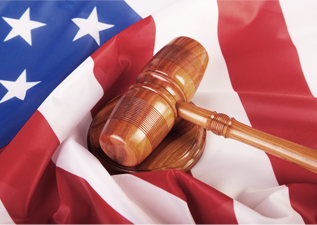Emancipation – Middlesex Monmouth Union Ocean County NJ
In a published decision issued by the Appellate Division of the New Jersey Superior Court on April 13, 2015, the court agreed with a trial court judge that a 20 year woman who had left her mother’s home and began living with her biological father was legally emancipated because she was beyond the sphere of influence of both of her parents. The young woman had been adopted by James Shewchuk when she was about 2 years old after he married her mother. The young woman sought a continuation of child support from her adoptive father and mother, contending that she was pursuing her education and that her biological parents were supporting her in addition to her working a part time job while attending a community college.
The case is LLEWELYN V. SHEWCHUK.
Protecting your Emancipation Rights in New Jersey
Emancipation law clients of Robert E. Goldstein, Esq. can be assured that they will be treated with diligence, compassion and with knowledge of the law and the consequences unique to their cases. Call (732) 972-1600 today to speak to one of our skilled Attorneys, or Contact Us via our contact form. Located in Manalapan (Monmouth County, NJ), Cranford (Union County, NJ) and Midtown Manhattan (New York, NY)
Manalapan NJ is not the only community we serve, we also provide attorney services for all of Monmouth County including but not limited to:
- Emancipation Lawyer Services for Colts Neck NJ
- Emancipation Lawyer Services for Farmingdale NJ
- Emancipation Lawyer Services for Red Bank NJ
We take Emancipation cases throughout New Jersey, to include Monmouth, Middlesex, Ocean, Somerset, Burlington, Mercer, Morris, Bergen, Essex, Union, and Hudson Counties.



